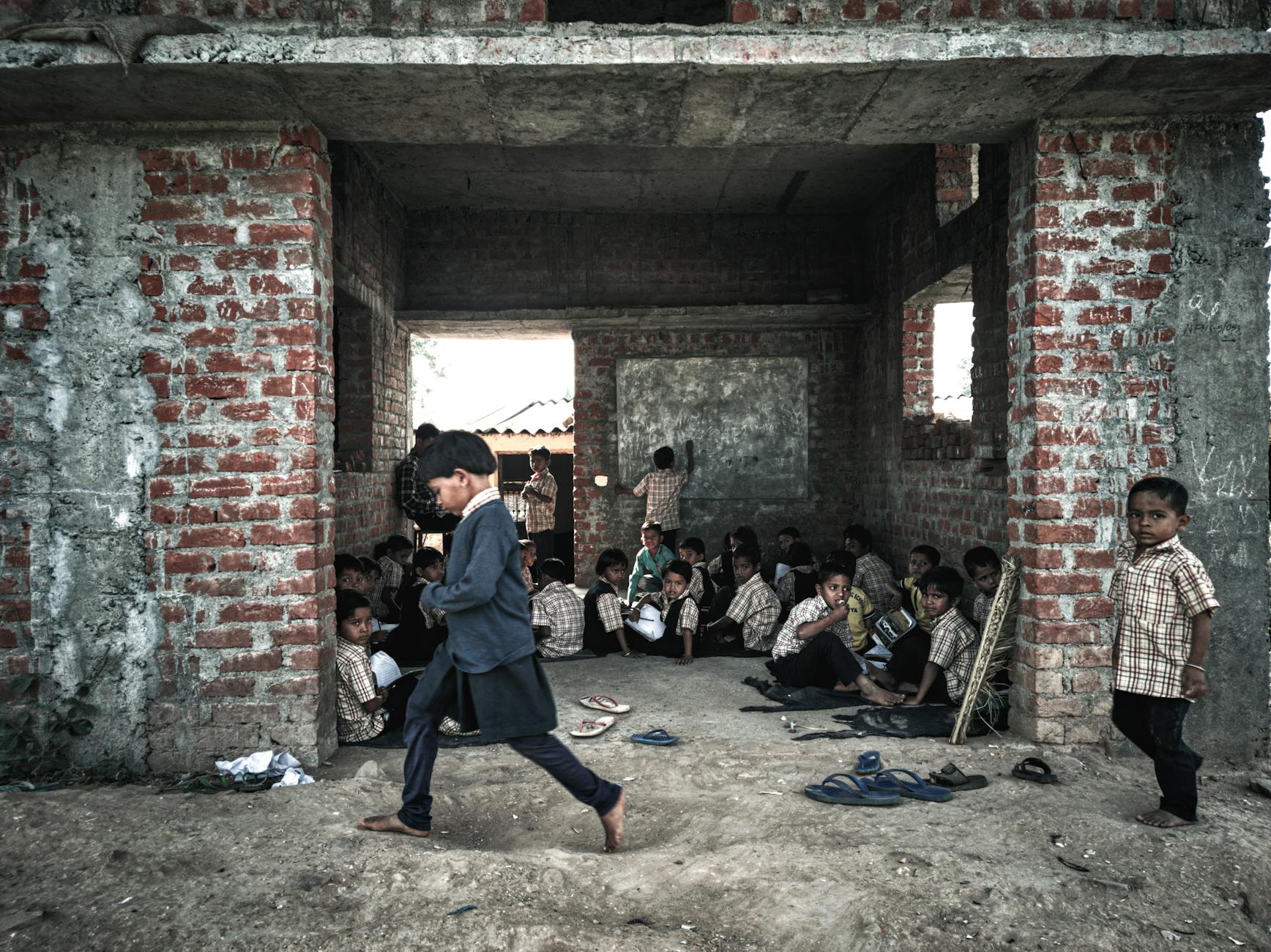Early Ed Trends: Prepping Gen Z Kiddos!

The landscape of early childhood education is evolving at a rapid pace, adapting to technological advancements, cultural shifts, and the unique characteristics of Generation Z. These young learners, born between the mid-to-late 1990s and the early 2010s, are digital natives who've never known a world without the internet, social media, and smart devices. As such, the educational frameworks and teaching methodologies must pivot to align with their distinctive learning styles and future needs. This article delves into the pioneering trends in early education that are effectively equipping Gen Z children for a successful trajectory.
Personalized Learning Environments
One of the cornerstones of modern early education is the focus on personalized learning. Tailored instruction considers each child's strengths, weaknesses, learning pace, and interests. Adaptive learning technologies, such as AI-driven educational software, can now adjust content in real time to suit individual learning styles. This customization ensures that every Gen Z child receives the support they need to excel, fostering a nurturing environment for personal and academic growth.
STEAM-Driven Curricula
The acronym STEAM represents Science, Technology, Engineering, the Arts, and Mathematics. It expands upon STEM initiatives by incorporating a robust arts component, emphasizing creativity and innovation alongside technical skills. Early education programs are increasingly integrating STEAM-based learning to encourage critical thinking, problem-solving, and the interdisciplinary approach required for 21st-century careers. Introducing these concepts at a young age lays a robust foundation for lifelong curiosity and exploration.
Digital Literacy and Citizenship
With Gen Z's fluency in digital platforms comes the necessity for early education curricula to include digital literacy and citizenship. Schools are now teaching children how to navigate the online world responsibly, with an emphasis on privacy, information vetting, and cyber ethics. By introducing these skills early on, educators arm Gen Z children with the tools they need to become discerning digital participants and future innovators.
Emphasis on Emotional Intelligence (EQ)
Emotional intelligence, or EQ, rivals IQ in predicting success and happiness in life. Recognizing this, early educational institutions are implementing programs that emphasize self-awareness, empathy, and communication. Through play, social-emotional learning curricula, and collaborative activities, Gen Z children develop crucial life skills that enable them to thrive both in the classroom and outside of it.
Global Awareness and Multicultural Education
In our interconnected world, an awareness of global issues and multicultural perspectives is invaluable. Early educators are embedding these concepts into the curriculum, offering language immersion programs, cultural exchange opportunities, and lessons centered around global stewardship. By exposing Gen Z kids to a diverse worldview from a young age, they cultivate the empathy and insight necessary to navigate a diverse and globalized workforce.
Eco-Consciousness and Sustainability
With climate change and sustainability front and center on the global stage, early education is also incorporating eco-consciousness into its core. Children are learning about the impacts of their actions on the environment through hands-on activities, such as recycling projects, energy conservation lessons, and school gardens. Nurturing environmental stewardship early on fosters a generation of mindful, eco-friendly citizens.
Innovative educational trends tailored to the preferences and potentials of Gen Z are indeed a crucial investment in our collective future. By embracing these trends, early educators are not only preparing children for academic achievement but also equipping them with the tools to become thoughtful, adaptable, and proactive members of society. With education that breaks down barriers and prepares for the demands of the future, the bright, young minds of today hold the key to a better, more inclusive world.